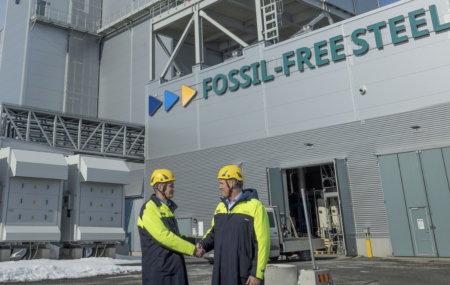Manitou Group, a leader in rough-terrain handling, aerial work platforms and earthwork, has announced that its low carbon trajectory has been validated by the Science Based Target initiative (SBTi), a major independent body led by four international organisations.
In January 2022, Manitou Group set out its commitments to reduce its greenhouse gas emissions as part of its 2030 low carbon trajectory. Its objectives have now been validated by the SBTI:
- Manitou Group undertakes to reduce its absolute greenhouse gas emissions in scopes 1 and 2 by 46.2% by 2030 compared to the 2019 reference year. This target is in line with a 1.5 degree trajectory.
- It is also committed to reducing scope three greenhouse gas emissions from purchased goods and services, from upstream transport and distribution, and by 33.7% per hour of use, for the products sold over the same period.
In this transformation process, given that 88.9% of emissions are linked to the use of products, the Group has set itself the target of achieving 43% sales of low-emission machines (electric and hydrogen) by 2030. Furthermore, going forward, all new platform projects will be solely electric.
“All of the Manitou Group teams should be proud to receive the validation of an organization such as SBTi for an important, structuring project like our low carbon trajectory,” said Michel Denis, CEO of the Manitou Group. “These scientific targets pave a clearly defined path for us to reduce our emissions and ensure the sustainability of our model in a low carbon world. We are determined to continue our efforts with our customers, our suppliers and our partners to bring about the necessary transformation.”
The group will ensure transparency by monitoring and reporting annually on its progress.
SBTi is a collaboration between CDP (Carbon Disclosure Project), the United Nations Global Compact, the World Resources Institute (WRI) and the WWF (World Wide Fund for Nature). It encourages companies to set targets based on science and strengthen their competitive edge in the transition to a low carbon economy.





